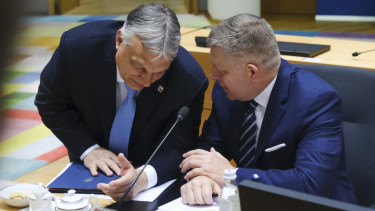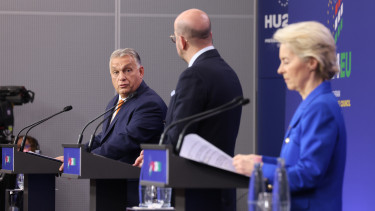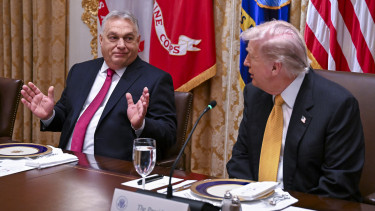Auditors with a foresight can protect EU funds better
What made you reach out to actors outside the Commission?
These conferences started already when the IAS was established, now more than 18 years ago, to put the profession of (internal) audit on the map, first inside the European Commission and other institutions, but gradually - as the interest for the debated subjects grew - we received more and more guests from the global GRC community.
It fitted well to the extension of the audit work from procedures to processes, from pure compliance to a more general focus on management and control.
We found it useful to exchange experiences and to learn from each other also with other auditors, with for example professionals working with EU funds in the member states, to see where the profession is going. We extend our contacts to the IIA, to academia and other professionals.
This was not a one-directional process: our Director General, Mr Manfred Kraff is contributing to events in the audit community and, for example, also two of our directors presented in Canada at a conference of U.N. bodies and organisations.
How did the subjects of these conferences evolve?
We always dealt with questions on the agenda of the profession, like quality and performance audits, whether internal audit is a lifetime career, etc. Two years ago we asked, whether innovation and creativity in audit is a myth or a reality. Last year we explored the future challenges in general and this year we will look at how these changes can change the audit thinking: instead of qualifying and evaluating the events “post festam”, to look deeper and use this deeper insight to foresee risks and challenges – among them new stakeholder expectations.
Our participants are well aware of the numerous changes that are impacting our profession. They also see that stakeholders are not happy to be told only what they know, they need foresight about on potential problems and request us to provide more insight into the reasons and trends.
At the same time, we need to work with the other lines of defence and assurance providers. Therefore we extended the subject beyond audit (the 3rd Line of Defence), to for example management and oversight functions and to external audit.
We invited speakers from both the private and public sector, our auditees (in the Commission and other EU agencies and bodies) and from the European Court of Auditors. We see that our auditees and stakeholders are not financial managers any more but strategic leaders.
We created a storyline for the conference and worked with the presenters to fit into that. The presentations will be short– we asked the speakers to highlight three to five points and elaborate on them.
How can the audience influence your thinking?
The purpose of the conference is to create a wide forum for a debate. Professionals, among them the audience can contact us and speak to us on other occasions also. The conference will be one day only and therefore we chose a special form of audience interaction: we set up an interactive online tool for the conference to ask questions, participants will be asked to log on, evaluate the questions and the most popular questions will be answered by the lecturers. There will also be ad hoc quick surveys during the conference.
During the lunch break there will be practical showcases provided in smaller rooms for direct interaction on specific topics, such as an example of a data mining tool and an example of a cultural audit. These sessions will contain a 30-45 minutes presentation, followed by an open discussion.
Networking breaks will also give an opportunity to talk with peers.
We expect a balanced audience, from all member states and different professions with a different relationship to audit, therefore Hungarians, in particular working in different domains of controls and management of EU funds are welcome. Due to the large number of participants, the organising team needed to close the registration already, but closer to the date of the event, a web-streaming link will become available here.
László S. Szabó













